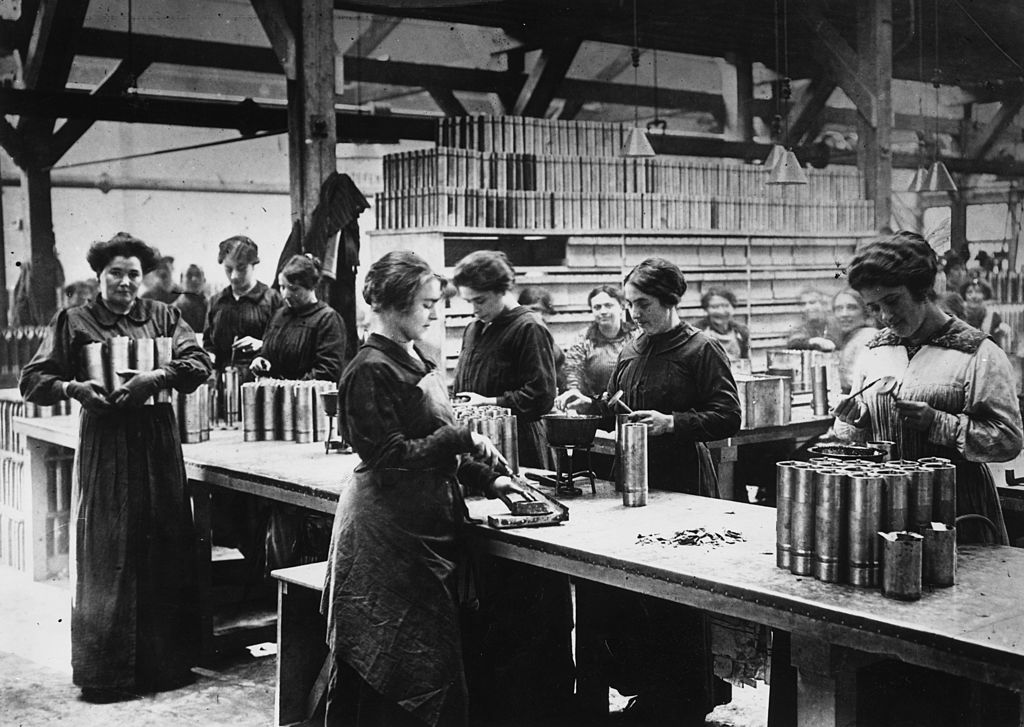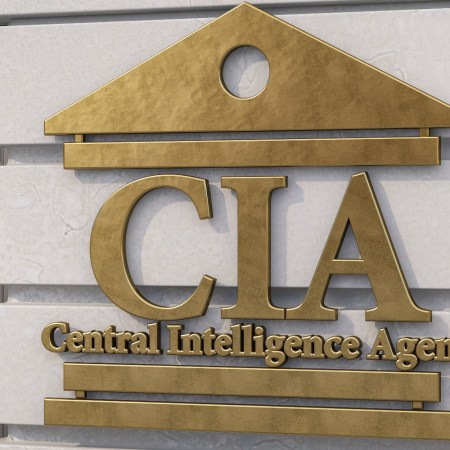Do you work at a train station? Assign two passengers to the same seat so that an “interesting argument will result.”
Do you work in a factory? Make sure to be as sloppy as possible and leave trash lying around. There’s a better chance of a fire that way.
Are you just an average citizen who has been asked for directions? Point them the wrong way and, while you’re at it, rearrange the road signs so they stay lost.
Those are just a few of the ways the CIA’s predecessor, the Office of Strategic Services (OSS), suggested during the Second World War that people in enemy-occupied territory could make life just as hard as possible for their occupiers and do their small part to defeat the Axis powers, according to an extraordinary declassified document called the Simple Sabotage Field Manual. The document was declassified in 2008 but recently highlighted by the CIA as it discussed the “rascally spies” of the OSS.
The document, which lives on the CIA’s website, doesn’t deal with serious sabotage, like blowing up bridges, but the tactics can be pretty sophisticated – like the proper way to make a fuse so that if you were, say, a janitor at an enemy office, you could time-delay a fire and give yourself a believable alibi.
Others, however, are almost comically petty and imaginative.
For instance, at the movie theater, “Anyone can break up a showing of an enemy propaganda film by putting two or three dozen large moths in a paper bag,” the document says. “Take the bag to the movies with you, put it on the floor in an empty section of the theater as you go in and leave it open. The moths will fly our and climb into the projector beam, so that the film will be obscured by fluttering shadows.”
Movie projector operators can get in on the act too, by “ruin[ing] newsreels and other enemy propaganda films by bad focusing, speeding up or slowing down the film and by causing frequent breakages in the film. Audiences can ruin enemy propaganda films by applauding to drown the words of the speaker, by coughing loudly, and by talking.”
Those are all from the “Motion Picture” subsection of the document– one of more than a dozen supposed opportunities for small-time mayhem, including under topics like “Automobiles” and “Boilers.”
“Simple sabotage does not require specially prepared tools or equipment; it is executed by an ordinary citizen who may or may not act individually and without the necessity for active connection to an organized group; and it is carried out in such a way as to involve minimum danger of injury, detection or reprisal,” the document says.
The manual is dated Jan. 17, 1944. By then Germany was still a year away from defeat and France, along with other European nations, was living under Nazi rule. There were millions of potential “citizen-saboteurs.”
“Acts of simple sabotage are occurring throughout Europe,” the document says. “Acts of simple sabotage, multiplied by thousands of citizen-saboteurs, can be an effective weapon against the enemy. Slashing tires, draining fuel tanks, starting fires, starting arguments, acting stupidly, short-circuiting electrical systems, [corrupting] machine parts will waste materials, manpower, and time. Occurring on a wide scale, simple sabotage will be a constant and tangible drag on the war effort of the enemy.”
The document called on switchboard operators to do their part:
“At office, hotel or exchange switchboards delay putting enemy calls through, give them wrong numbers, cut them off ‘accidentally,’ or forget to disconnect them so that the line cannot be used again,” one suggestion says, under the heading “Communications, Telephone.”
It goes on: “Hamper official and especially military business by making at least one telephone call a day to an enemy headquarters; when you get them, tell them you have the wrong number. Call military or police offices and make anonymous false reports of fires, air raids, bombs.”
Since this was a time of telegrams, the OSS suggested the telegram operator subtly mess with the messages.
“Garble telegrams to enemy destinations so that another telegram will have to be sent or a long-distance call will have to be made,” the document says. “Sometimes it will be possible to do this by changing a single letter in a word – for example, changing ‘minimum’ to ‘miximum,’ so that the person receiving the telegram will not know whether ‘minimum’ or ‘maximum’ was meant.”
Following the rules for train travel would make thing especially annoying for Nazi officers, beyond the aforementioned double booking.
“Make train travel as inconvenient as possible for enemy personnel,” the manual says. “Make mistakes in issuing train tickets, leaving portions of the journey uncovered by the ticket book… near train time, instead of issuing printed tickets write them out slowly by hand, prolonging the process until the train is nearly ready to leave or has left the station. On station bulletin boards announcing train arrivals and departures, see that false and misleading information is given about trains bound for enemy destinations.
Cars wouldn’t be much better, as it suggests adding sugar, sand or even urine to gas tanks to corrode the mechanics.
But perhaps the best advice was the most general, useful for anyone hoping to make a Nazi’s day a little worse, from reporting “imaginary” spies to the police to giving “lengthy and incomprehensible explanations when questioned.”
The most effective, however, is the third suggestion in the subsection:
(c) Act stupid.
Viva la revolucion.
This article was featured in the InsideHook newsletter. Sign up now.
























